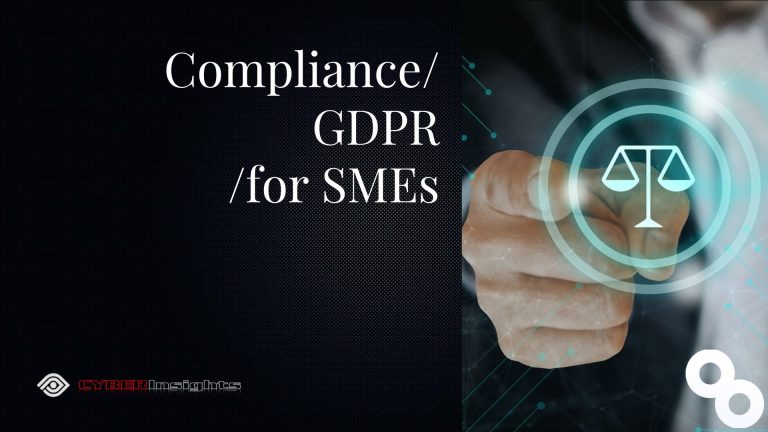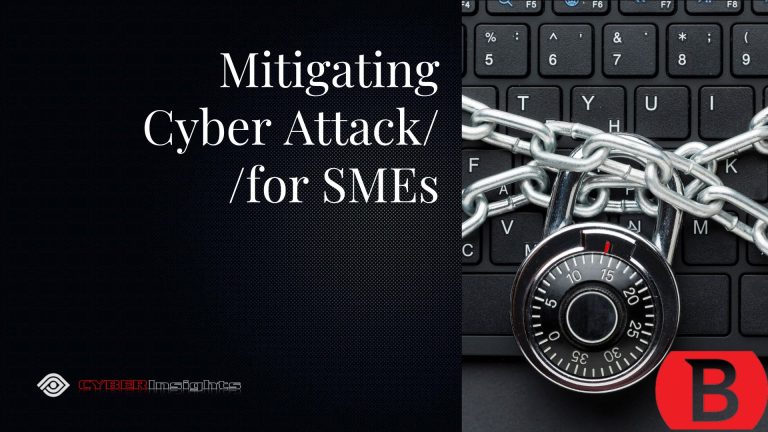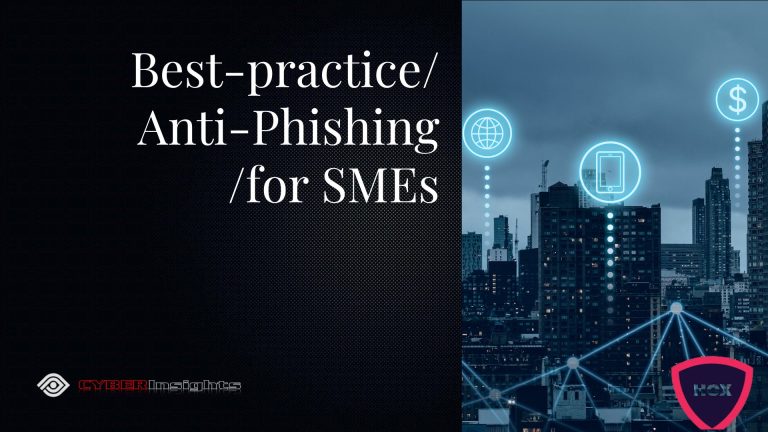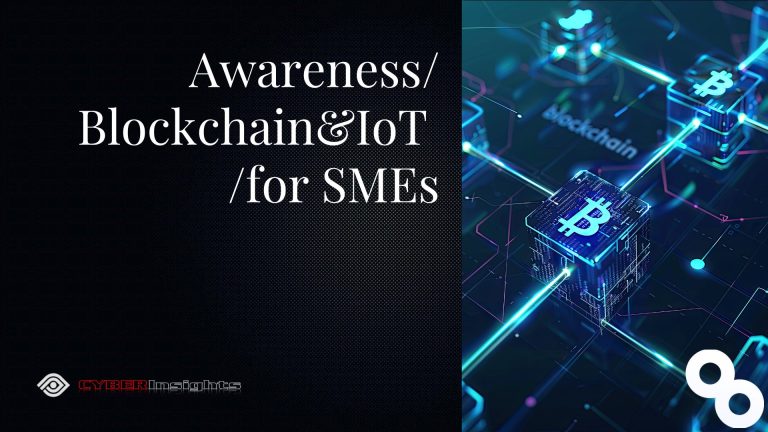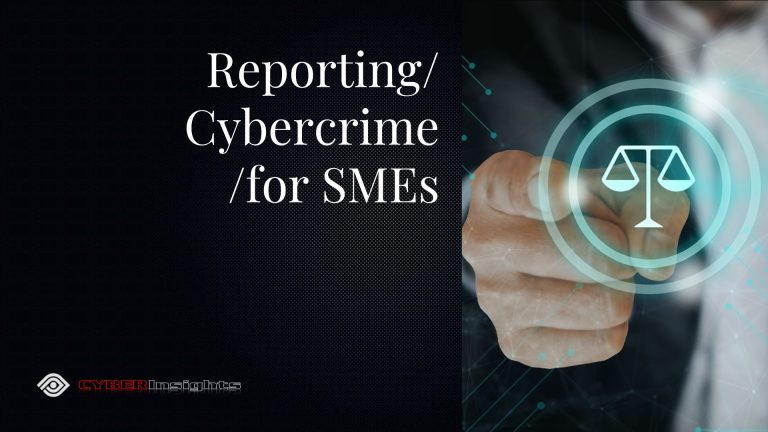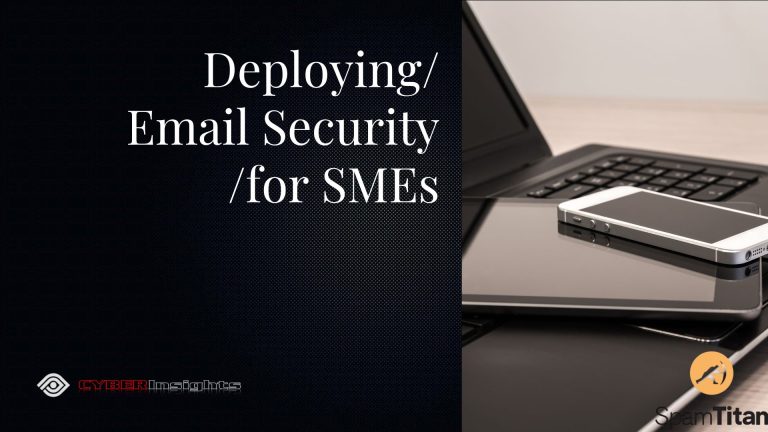CYBER MITIGATION: CYBER MITIGATION KPI/ Mitigating Cyber Attacks for SMEs
September 7, 2024CYBER MITIGATION – Cyber Mitigation for Small Businesses: Protecting Your Enterprise from Cyber Threats in the UK and EU – CyberKPI: Discover essential cyber mitigation strategies for small businesses in the UK and EU to protect against cyber attacks and enhance operational resilience.
Importance of Cyber Mitigation for Small Businesses
Cyber Mitigation is the practice of reducing the risks associated with cyber threats, which is particularly crucial for small businesses in the UK and EU. Studies show that around 32% of UK businesses have experienced cyber attacks, with even higher rates among medium (59%) and large businesses (69%). Notably, small enterprises often lack the resources to recover from significant breaches, making proactive measures essential for their survival and growth. For instance, the average cost of the most disruptive cyber breach is approximately £1,100, but this figure escalates dramatically for larger businesses. As the digital landscape continues to evolve, small businesses must prioritise cybersecurity to safeguard their assets and maintain operational continuity.
The importance of Cyber Mitigation extends beyond traditional business models; in 2023, 24% of charities reported experiencing breaches or attacks, highlighting that the risk spans various sectors. By implementing effective Cyber Mitigation strategies, small businesses can significantly reduce potential financial losses and liabilities, thus promoting sustainability. Not only does this protect the business itself, but it also enhances consumer trust, which is vital for long-term success.
Understanding Cyber Attacks Targeting SMEs
Small and medium enterprises (SMEs) face numerous cyber threats that can jeopardise their operations. The most common types of cyber attacks include Phishing, malware, Ransomware, and Distributed Denial of Service (DDoS) attacks. Phishing attacks are particularly concerning, as they exploit social engineering tactics to obtain employee credentials or sensitive information. For example, a small business may fall prey to an email that appears legitimate, prompting employees to divulge passwords or financial details, leading to severe consequences.
Ransomware has become a prevalent threat, with attackers encrypting critical data and demanding payment for its release. This type of attack can result in crippling financial losses, as businesses may lose access to vital information until the ransom is paid. DDoS attacks, on the other hand, disrupt online services, leading to revenue losses and diminished customer trust. For SMEs, where resources are often limited, the repercussions of a significant cyber incident can be catastrophic, underscoring the need for proactive cyber defence strategies.
Steps to Create a Cyber Mitigation Plan
Creating an effective cyber mitigation plan begins with identifying critical assets and data that require protection. Small businesses should conduct a comprehensive risk assessment to understand their vulnerabilities and the potential impact of various threats. Once these critical elements are identified, businesses can develop tailored security policies that align with their specific size and structure. For instance, a local retail shop may need to focus on safeguarding customer payment information, while a tech start-up might prioritise protecting intellectual property.
Regular maintenance of the cyber mitigation plan is essential. Establishing a schedule for risk assessments and updates ensures that the business remains vigilant against emerging threats. Additionally, implementing multi-factor authentication (MFA) can significantly bolster security for sensitive accounts and data access, adding an extra layer of protection against unauthorised access. By systematically addressing vulnerabilities, small businesses can create a robust framework to defend against cyber threats.
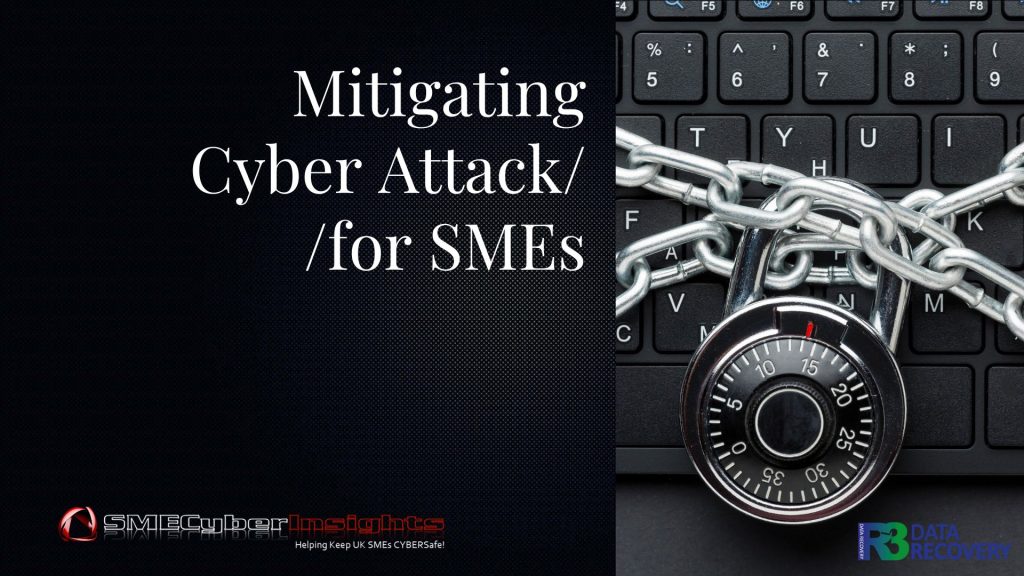
Successful Cyber Mitigation Strategies for SMEs
Several successful Cyber Mitigation strategies have emerged from SMEs that have prioritised cybersecurity. One effective approach is implementing employee training programmes focused on cybersecurity awareness. By educating staff about the dangers of Phishing and other cyber threats, businesses can significantly reduce the likelihood of successful attacks. For example, a restaurant that trains its staff on recognising fraudulent emails can prevent a potential breach that could compromise customer data.
Utilising network security measures such as firewalls and intrusion detection systems is another key strategy. These technologies help protect sensitive data from unauthorised access and can alert businesses to potential threats in real time. Additionally, many small businesses have reported fewer data breaches after adopting Cloud Security solutions, which offer scalable protection tailored to their needs. Regularly backing up data is also a critical measure, ensuring that in the event of a ransomware attack, businesses can recover lost information without succumbing to attackers’ demands.
Legal Requirements for Cybersecurity in the UK and EU
In the UK and EU, small businesses must comply with various legal requirements regarding cybersecurity. The General Data Protection Regulation (GDPR) mandates that businesses implement appropriate technical and organisational measures to protect personal data. Failure to comply can lead to significant fines and reputational damage. For instance, a small e-commerce business that neglects to secure customer information may face severe penalties if a data breach occurs.
Businesses are required to report data breaches to the relevant authorities within 72 hours of becoming aware of the incident. The NIS & NIS2 Directive also stipulates that essential services must have adequate measures in place to manage cybersecurity risks. Understanding and adhering to these regulations not only helps businesses avoid legal pitfalls but also fosters a culture of accountability and security within the organisation.
Benefits of Investing in Cybersecurity
Investing in cybersecurity measures can yield numerous benefits for small businesses, particularly in terms of cost savings and reputation protection. By proactively implementing security strategies, businesses can prevent data breaches and the associated recovery costs, which can be exorbitant. For instance, a small consultancy that invests in robust cybersecurity measures may save significantly by avoiding the costs associated with a data breach, including legal fees and loss of clients.
A strong cybersecurity framework enhances customer trust, which is essential for maintaining and growing business relationships. Companies that prioritise cybersecurity can differentiate themselves in the marketplace, providing a competitive edge. Additionally, improved operational efficiency, resulting from minimised downtime due to cyber incidents, further solidifies the financial justification for investing in cybersecurity. Furthermore, businesses that demonstrate a commitment to cybersecurity are more likely to receive favourable terms from insurers, leading to reduced overall insurance costs.
Recommendations for Strengthening Cybersecurity
To bolster their cybersecurity posture, small businesses should conduct regular cybersecurity audits to identify vulnerabilities and areas for improvement. Collaborating with cybersecurity experts can provide tailored insights and strategies, ensuring that the organisation’s specific needs are met. Establishing a culture of security within the organisation encourages employees to be vigilant and proactive about cybersecurity, which can be invaluable in preventing attacks.
Utilising government resources and initiatives can offer additional support for small businesses. For example, the UK government provides various tools and frameworks to help businesses enhance their cybersecurity measures. Finally, considering Cyber Insurance can help mitigate the financial risks associated with potential breaches and attacks, allowing businesses to focus on growth while knowing they have a safety net in place.
Lost your data? Don’t panic. R3 can help! Real data recovery services from a real UK lab!
Data loss can happen at any time and can happen in the most unexpected ways. As long as your device hasn’t been stolen R3 can recover your data from the most unlikely disasters. From their wholly secure state of the art Recovery Lab they can deploy the very best data recovery service as quickly as possible. Their technicians are among the best in the sector and can recover lost data from hard drives, RAID arrays, Flash Memory devices like USB Memory Sticks, SD Cards and SSD hard drives. Their “clean room” lab facilities are beyond compare, reaching a class leading ISO 3 standard. If you have been the victim of a Ransomware Attack or Lost Valuable Data R3 data recovery provide cost-effective data recovery solution – Fast! #CyberInsights #CyberSecurity #CyberAttack #CyberAwareness #CyberSecurityAwareness #SME #SmallBusiness #SmallBusinessOwner #Ransomware #RansomwareRecovery #DataLoss #DataRecovery #R3
CYBER Insights – Helping keep Small Business CYBERSafe!
Launched in 2020 by Cybersecurity Journalist Iain Fraser and his team at IfOnlyCommunications, CYBERInsights was developed to be the go-to platform providing definitive, reliable & actionable Cybersecurity News, Intel & Awareness Training for SMEs throughout Europe (UK & EU) as they as they further embraced new Technologies and Business Practices.


